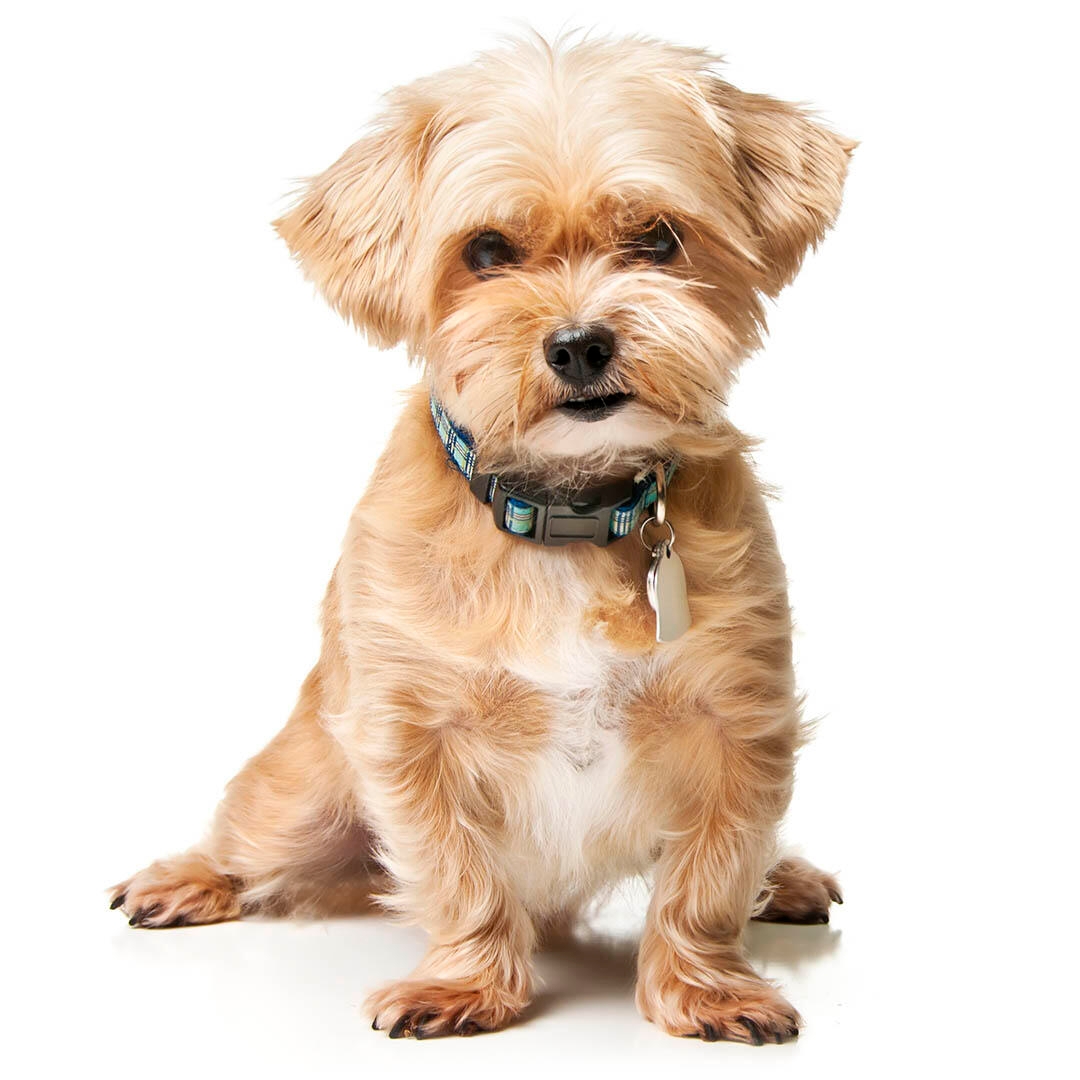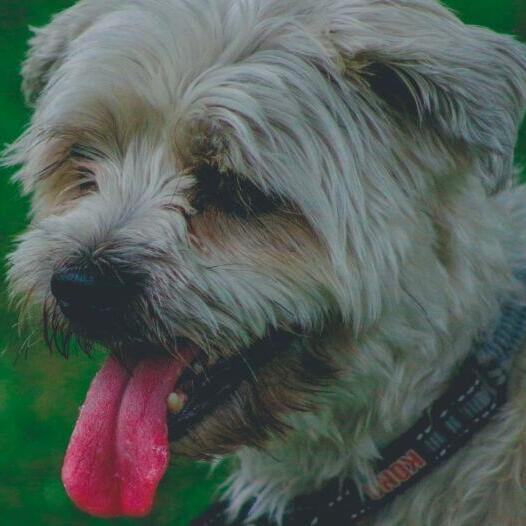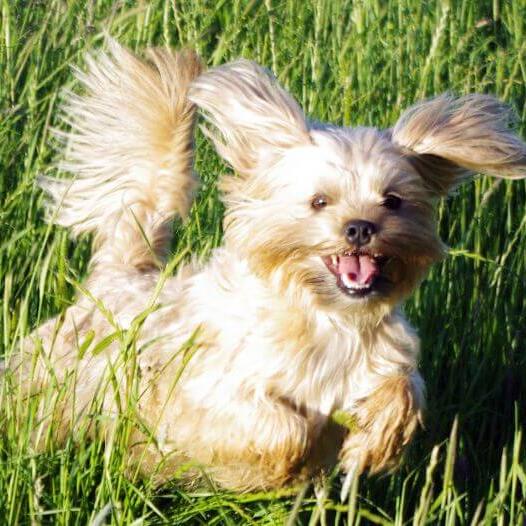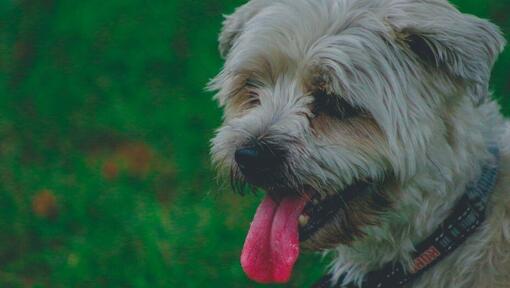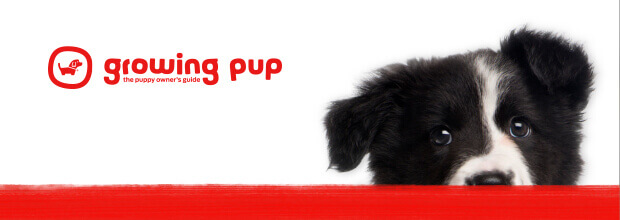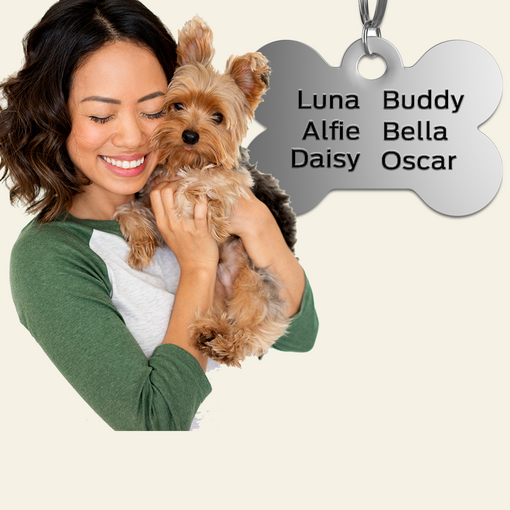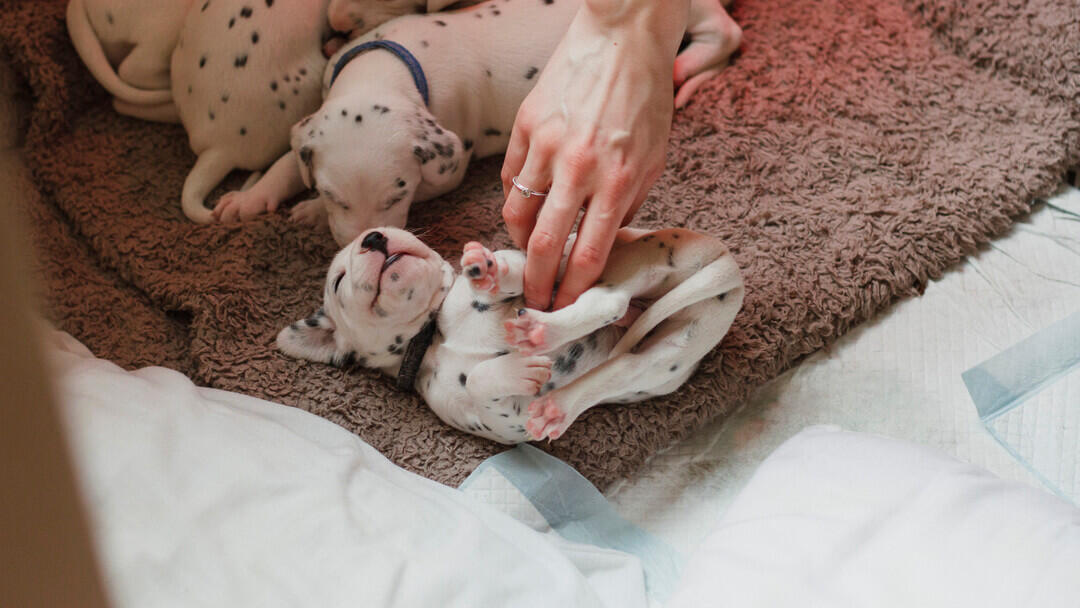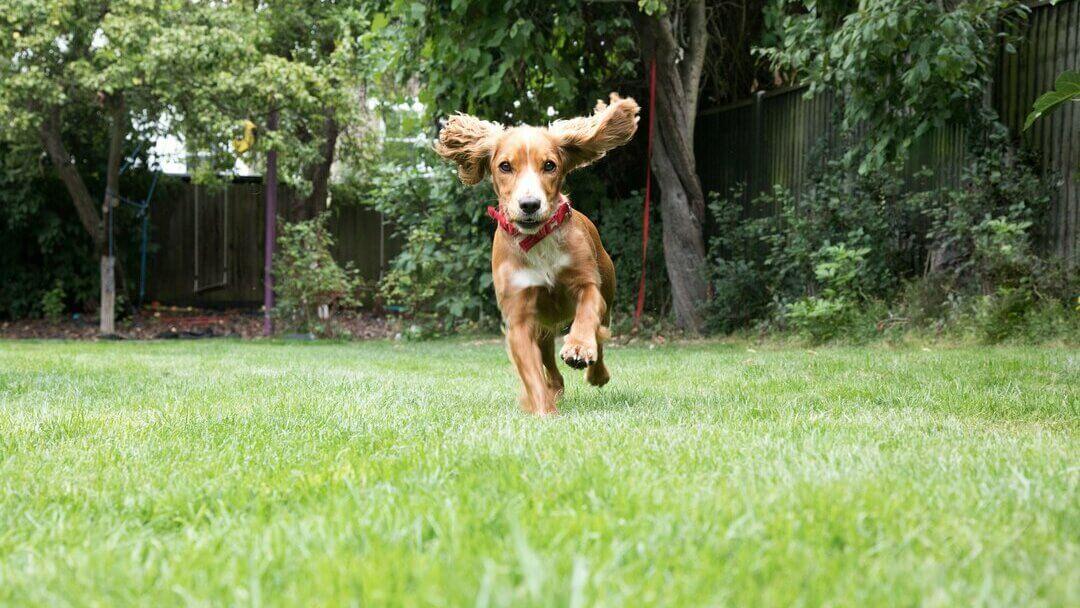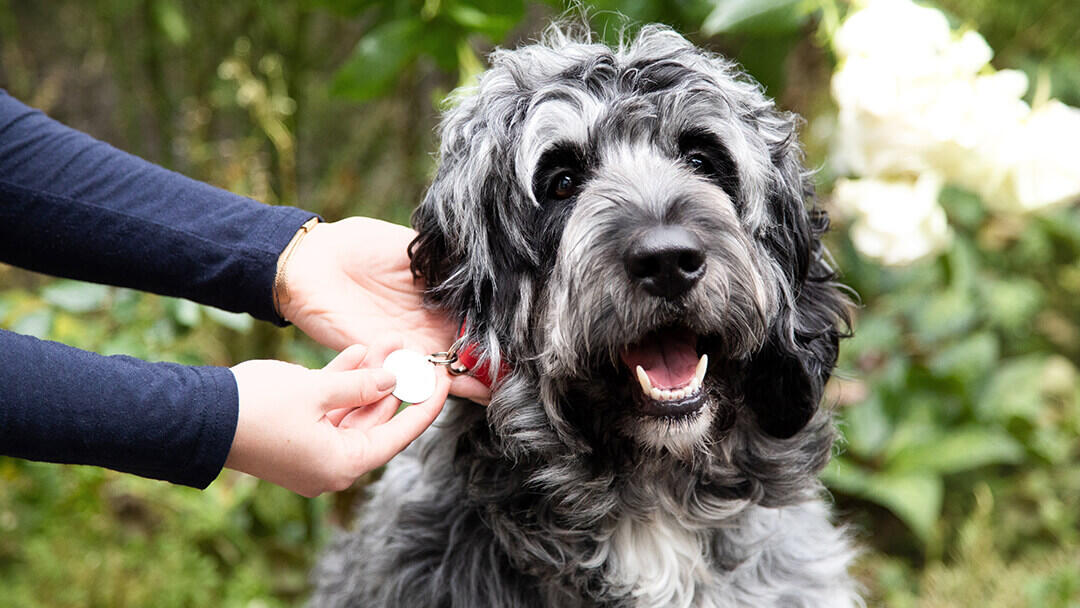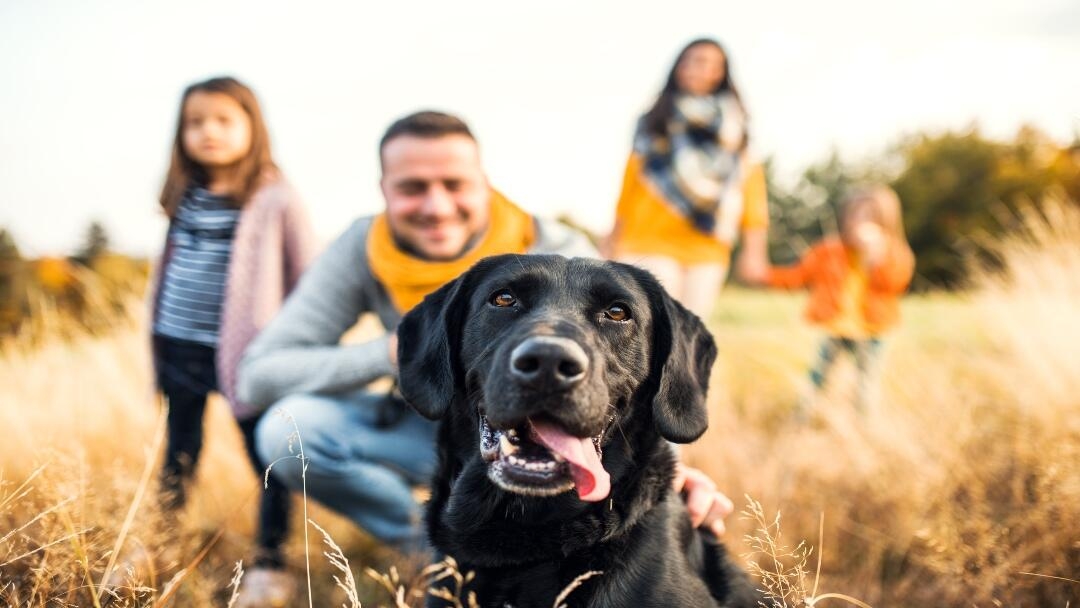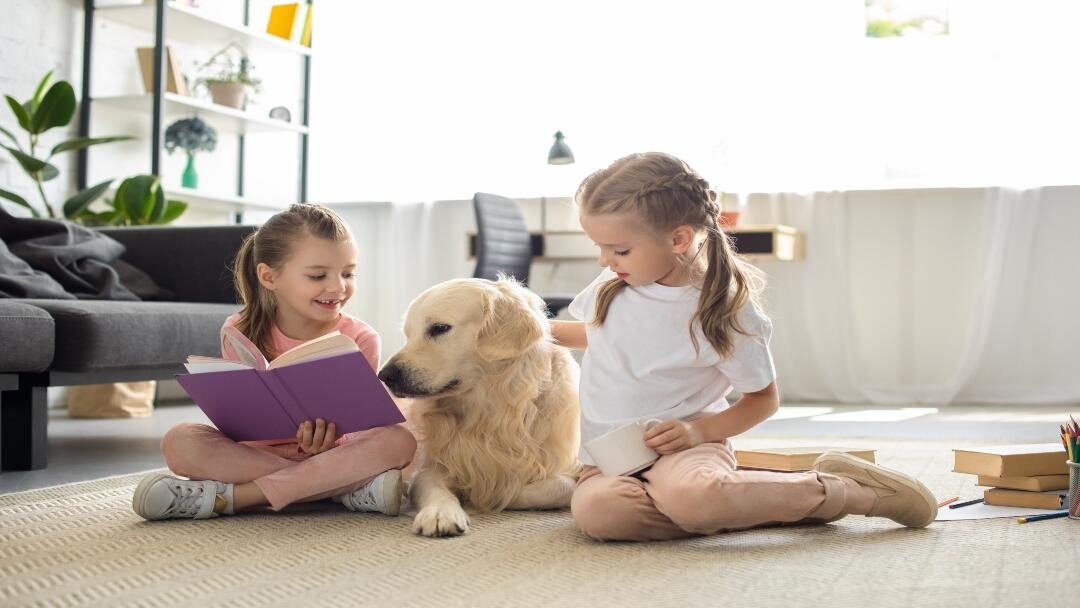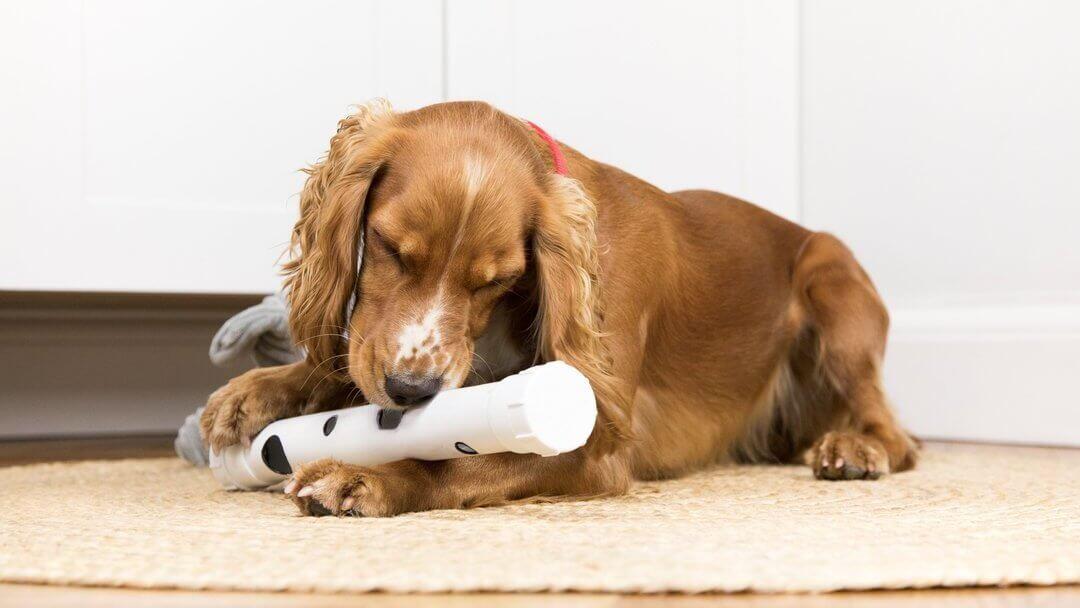Like many of the designer crossbreeds, the Shorkie originated in the United States in a quest to find a small companion dog that didn’t shed and that would fit into any family’s lifestyle, no matter how small their home and garden.
To understand more about the origin of the breed we need to look at the two breeds that go into the formation of the Shorkie.
Shih Tzu
Country of Origin: China
The Shih Tzu we know and love today is itself an ancient crossbreed having been created within the walls of the Forbidden City in the 17th century from crossing the Lhasa Apso from the monasteries of Tibet with an early form of the Pekinese.
The resulting dogs, called Lhasa Lion Dogs, remained hidden away from the eyes of the West until the 20th century when the Peking Kennel Club was formed and the Lhasa Lion Dogs were shown for the first time alongside the Lhasa Apso.
It wasn’t until the 1930s that these dogs found their way to England. The types that had the rounder skull and short muzzle became known as the Shih Tzu and a breed in their own right.
Yorkshire Terrier
Country of Origin: England and Scotland
It is believed that Scottish weavers brought a small terrier with them during a period of immigration from Scotland to Yorkshire and Lancashire during the 1850s. These 'Broken-Haired Scotch Terriers,' interbred with local small terriers to provide a working dog who quickly become popular as a very effective factory and mining vermin-killer, and that was of a small enough size that could be carried in their owner’s pocket.
Further breeds were used to perfect this Northern ratter including possibly the Manchester Terrier, the Maltese, the Skye Terrier, the Dandie Dinmont terrier, and the now extinct Paisley and Clydesdale Terriers. Shown as the Scotch Terrier in 1861, the dog later became known as the Yorkshire Terrier and was recognised by the Kennel Club in 1886.
While the breed was a working ratter, the Yorkshire Terrier soon became popular with wealthy ladies as a companion and this popularity lead to selective breeding to make them even smaller. Interestingly while the dog got smaller, their coat length stayed virtually the same - hence the long coats that can still be seen on show dogs.
The Shorkie can have any combination of the two breeds in their appearance, behaviour and temperament.
